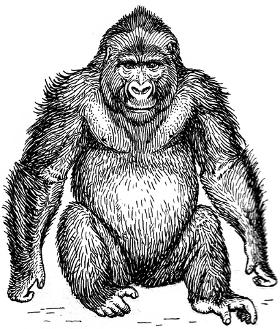We turned, as the winter-flakes fell from the cloud,
And the keen wind blew colder and colder;
And there, in his little grey coffin and shroud,
Left our darling to silently moulder.
— Henry Doman, “The Burial of the Darling,” from “The Cathedral” and Other Poems, 1864
Attend, ye fair, ye thoughtless, and ye gay!
For Mira dy’d upon the nuptial day!
The grave, cold bridegroom! clasp’d her in his arms,
And kindred worms destroyed her pleasing charms.
— Henry More, “Night Thoughts,” from An Elegaic Poem Amidst the Ruins of an Abbey, 1803
I tell you I’m the youngest son of five;
And three lie in their gore
Down by the great hall-door,
And Fred and I are all that are alive.
— John Stanyan Bigg, “The Huguenot’s Doom,” from Shifting Scenes, and Other Poems, 1862
Yet to the mariner, when tempest tost,
Thy presence brings to him but sore dismay;
Contact with thee, all hope were surely lost,
Death then engulphs his helpless prey.
— William Igglesden, “To an Iceberg in the Southern Ocean,” from Poetical Miscellanea, 1858
S.L. Francis’ 1760 “Elegy on Colonel Robert Montgomery Written on the Fatal Spot Where the Lamentable Duel Transpired” ends with the line “Submerged he lies, co-wretched am I now.” “All poets write bad poetry,” wrote Umberto Eco. “Bad poets publish them, good poets burn them.”

